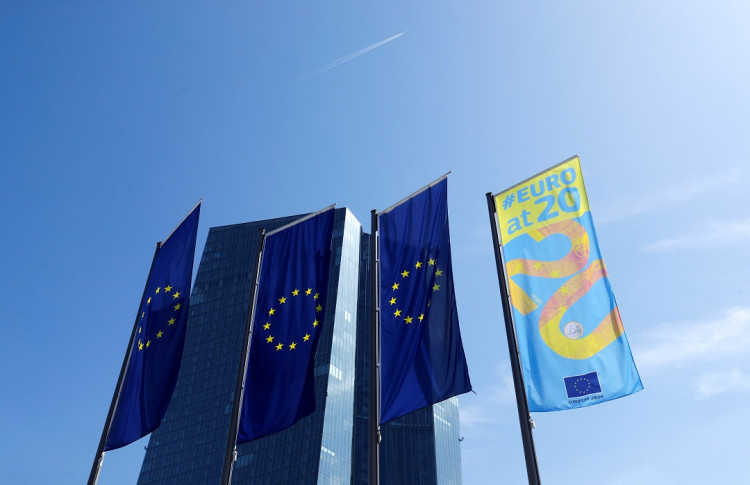In a strategic move to reduce dependency on Asia, the European Union (EU) has set its sights on a significant expansion of its semiconductor sector. The EU Parliament has given its formal approval to the EU Chips Act, a legislative package aimed at quadrupling the bloc's chip production by 2030 to account for 20% of the global output.
The EU's semiconductor industry has seen a decline in recent decades due to the rise of Asian manufacturing. Currently, Taiwan dominates the market, producing 90% of the most advanced chips, followed by South Korea and China. However, the Covid-19 pandemic in 2020 exposed the vulnerability of relying heavily on Asian supply chains, leading to severe shortages in the European car industry and other sectors.
Semiconductors are integral to a wide range of everyday items, from smartphones to household appliances. They are also essential for data storage, a rapidly expanding field, and green technology aimed at reducing carbon emissions. The EU's ambitious goal in chip production will require mobilizing more than €43 billion in public and private investments.
The EU Chips Act, backed by an overwhelming majority of lawmakers (587 to 10), is part of a broader strategy for greater European self-sufficiency. This drive has been further galvanized by the energy and food shocks caused by Russia's war in Ukraine. The Act earmarks €3.3 billion from the EU budget for the goal and calls for reinforced research and development.
The Act also includes provisions for a monitoring system to detect potential supply shortfalls. This early warning system is designed to alert the European Commission in time to take urgent action to prevent them.
The EU's move to boost its semiconductor industry is a significant step towards reducing its dependence on foreign chip manufacturers. However, achieving the ambitious goal set out in the Chips Act will require not only substantial investment but also a concerted effort to foster innovation and build capacity in the sector.
As the EU embarks on this ambitious journey, it will be interesting to see how the global semiconductor landscape evolves and how other major players in the industry respond. Will the EU's strategic move trigger a global race in chip production? Only time will tell.






